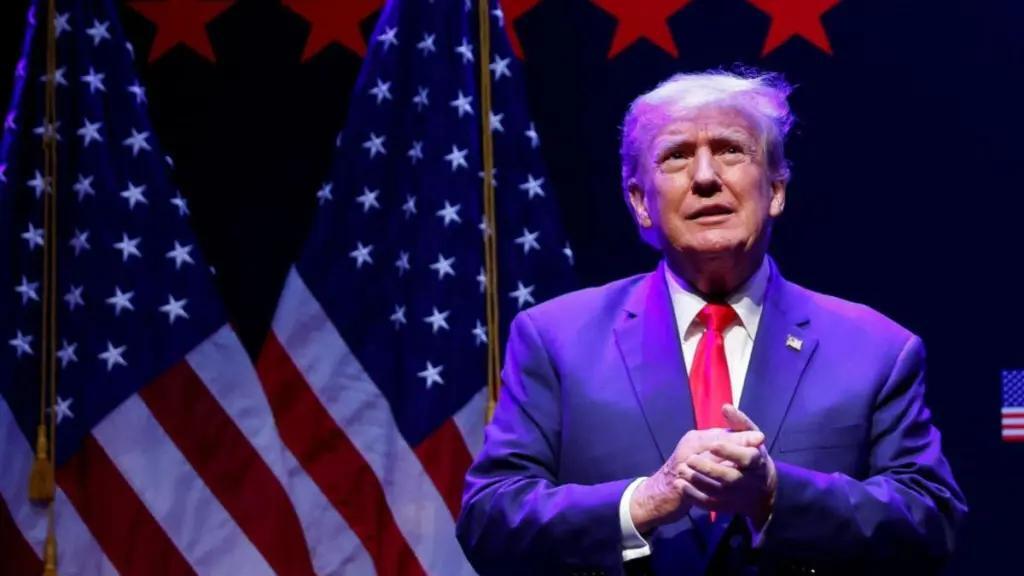
Donald Trump Exempts Smartphones & Computers from Reciprocal Tariffs
In a move that has sent ripples across the tech industry, United States President Donald Trump has exempted smartphones, computers, and other electronic items from the reciprocal tariffs imposed on Chinese goods. According to a Customs and Border Patrol notice, the exemption comes into effect from September 17, 2019, and applies to a range of electronic devices, including smartphones, laptops, tablets, and desktop computers.
This development comes as a relief to tech giants, including Apple, which had expressed concerns that the tariffs imposed by Trump could lead to a significant increase in the prices of their products. Many of these devices are manufactured in China, and the tariffs would have added to the cost of production, ultimately resulting in higher prices for consumers.
The exemption is seen as a significant victory for the tech industry, which has been vocal in its opposition to Trump’s tariffs. The tariffs, which were imposed in response to China’s alleged unfair trade practices, have been widely criticized for their potential to harm American businesses and consumers.
The exemption is believed to have been influenced by the efforts of tech companies, including Apple, Samsung, and Intel, which had lobbied the Trump administration to exclude electronic devices from the tariffs. These companies had argued that the tariffs would not only increase the cost of their products but also harm American jobs and the overall economy.
The exemption is also seen as a strategic move by Trump to avoid alienating American voters, who are increasingly reliant on smartphones and other electronic devices. With the 2020 presidential elections just around the corner, Trump may have decided to exempt electronic devices to avoid being seen as anti-tech and anti-consumer.
The exemption does not apply to all electronic devices, however. Other devices, such as televisions, game consoles, and DVD players, are still subject to the tariffs. The Trump administration has also announced plans to impose tariffs on $7.5 billion worth of Chinese goods, including chemicals, plastics, and textiles.
The move has been met with mixed reactions from experts and industry insiders. While some have welcomed the exemption as a relief for the tech industry, others have expressed concerns that the tariffs may still have a negative impact on American businesses and consumers.
“This is a temporary reprieve, but the tariffs will still have an impact on the tech industry,” said Jake Parker, a trade association executive. “The tariffs will increase the cost of production, and that will ultimately be passed on to consumers.”
The exemption is also seen as a short-term solution to the tariffs issue, which could be revisited in the future. The Trump administration has repeatedly threatened to impose tariffs on Chinese goods, and the exemption may be withdrawn if China fails to comply with American demands.
In conclusion, the exemption of smartphones, computers, and other electronic devices from reciprocal tariffs is a significant development in the ongoing trade tensions between the United States and China. While the move has been welcomed by the tech industry, it remains to be seen whether it will have a lasting impact on the tariffs issue.





